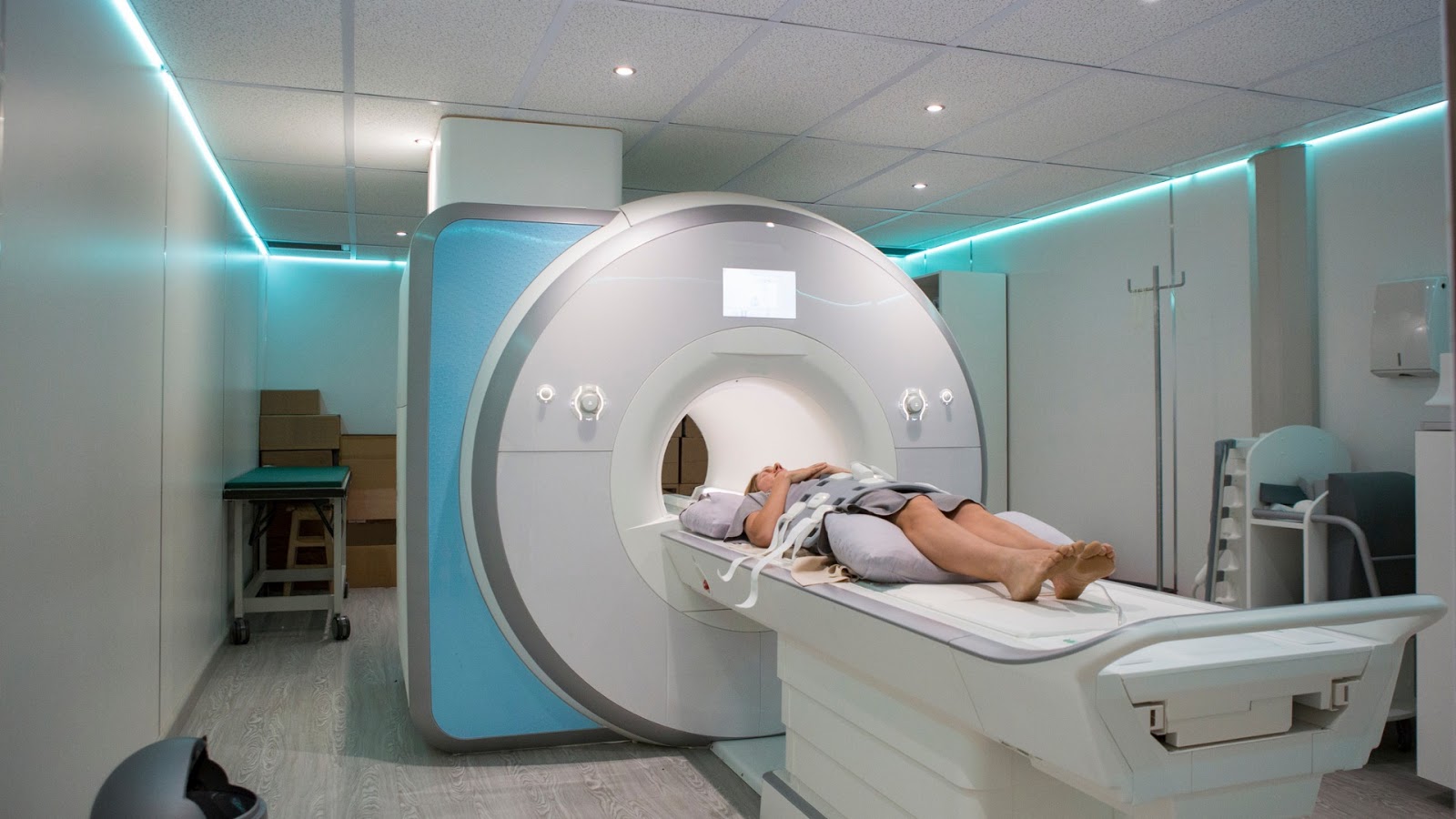What is an MRI?
Magnetic resonance imaging (MRI) is a large imaging device that sits in its own room. It uses a harmless magnetic field and radio waves to get clear, sharp pictures of your heart and major blood vessels.
MRI images show even more detail than CT scans, and can be viewed in 3-D on a computer screen.

Why is it done?
Heart MRI is used to diagnose many disease and conditions, including:
- Coronary artery disease
- Damage from a heart attack
- Heart failure
- Valve disorders
- Congenital heart disease
- Pericarditis
- Cardiac tumours
Beat heart disease.
Join the fight to end heart disease and stroke.
What can you expect?
- You will lie on a flat bed, and will then be moved inside the opening of the MRI device.
- The procedure will take approximately 30 minutes.
- You may find it difficult to stay motionless for that length of time, but the procedure itself is painless.
How can you prepare?
It is best to check with the centre where you are having your test for specific information about how to prepare.
